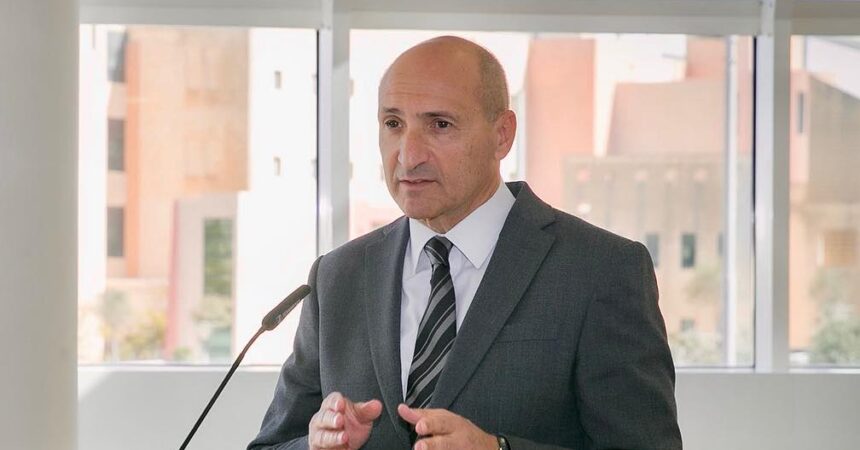The Maltese government’s calls for the European Union to be better prepared for climate change-related health impacts raised eyebrows last week given the country’s track record with climate change mitigation efforts.
Led by Health Minister Chris Fearne, 20 countries submitted a paper to the European Commission and the European Centre for Disease Prevention and Control calling for improved mitigation efforts, with Flimkien għal Ambjent Aħjar (FAA) commenting, “While Malta is proficient at formulating proposals, it is spectacularly unwilling to practise what it preaches.”
The paper has not been publicly released but is expected to be discussed at the EU Health Council meeting this week. Fearne characterised it as a “Malta-led call linking climate change and health.”
Given links between climate change and health, along with mitigation efforts to address them, have been established for decades, The Shift reached out to environmental experts and NGOs for their comments on Fearne’s announcement and the state of Malta’s efforts to combat the issue.
Friends of the Earth Malta welcomed Fearne’s proposals but noted how Malta “urgently” needed a national climate adaptation plan, as required under Malta’s Climate Action Act of 2015. The NGO said national plans such as the Low Carbon Development Strategy 2021 “lack a clear action plan and targets that can’t be monitored.”
They called for “strong legislation and enforcement of the protection of mature trees,” noting their importance in “lowering ambient temperatures, providing shade, moderating winds, absorbing excess rainwater, reducing flooding and purifying air.”
The eNGO additionally noted the importance of halting investment in fossil fuel infrastructure, such as the Melita Trans-Gas pipeline, investing instead in increasing the national share of renewable energy use, “only 10% in 2020.”
eNGO Flimkien għal Ambjent Aħjar (FAA) highlighted the contradictions between Malta’s submission to the EC and its actions and direction in recent years.
While the Malta-led joint paper warned of “Higher temperatures, … floods and droughts and extreme weather events… worsening of air pollution and increased mental health problems,” FAA noted how the government abetted issues directly contributing to the problem.
The building boom, car dependency, the destruction of green spaces and increased air pollution were highlighted as the worst offenders.
The building boom precipitated over the last ten years accounts “for almost 40% of energy-related carbon emissions,” the NGO said. They noted the recent planned uprooting of mature trees in Mosta as a prime example of the problematic mentality.
“Our Government persists in building roads and promoting [personal] vehicular transport instead of finally taking the necessary measures to improve public transport and reduce cars,” they said.
Consequently, FAA noted how Malta “is the third worst offender in terms of CO2 emissions and exceeds air pollution thresholds several times a year,” quoting a recent Eurostat study which found that between 2021 and 2022, Malta increased its CO2 emissions by more than 4% compared to the EU average decrease of around 2.5%.
The NGO noted how, just a year earlier, Danish scientists had found that air pollution killed more people than the COVID-19 pandemic in Malta, contributing to almost 7% of annual deaths.
The Malta-led joint paper warned of how climate change-related deaths and health issues are expected to increase over the coming years, additionally noting the impacts on the provision of health services.
National health services have already been allowed to reach a breaking point with the failure of a “fraudulent” €400 million health deal.
The Shift has reported how practitioners are forced to work from construction sites and an overcrowded general hospital dealing with continued medicinal shortages under a “bureaucratic” and “at conflict” health system.












